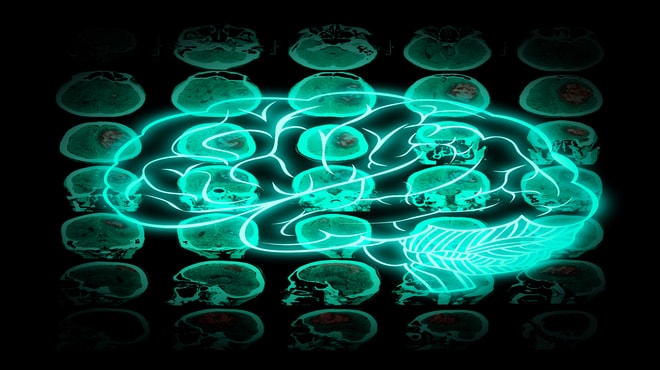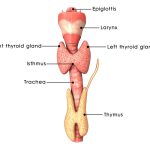Chemotherapy uses chemical drugs to kill tumor cells. Usually, it ends the cancer cells’ ability to grow and divide by either starving them or killing them directly. Doctors advise chemotherapy for brain tumor after surgery to destroy remaining tumor cells. Chemotherapy may also be administered to slow a tumor’s growth, or reduce symptoms. A medical oncologist is a specialist doctor who helps treat tumors with medication and sometimes a neuro-oncologist.

Systemic chemotherapy enters the bloodstream to reach tumor cells in the body. Generally, chemotherapy is administered is orally, by intravenous (IV) injection, or through a catheter with make IV injections easier.
Chemotherapy to treat a brain tumor typically goes post-surgery and possibly with or after radiation therapy, and if the tumor recurs after initial treatment.
A chemotherapy regimen comprises of a specific number of cycles that lapse over a set period of time. A patient may receive 1 drug at a time or combinations of different drugs at the same time. Some drugs are adept at passing through the blood-brain barrier. These are:
- temozolomide (Temodal)
- lomustine (CCNU), procarbazine and vincristine on their own or together (called PCV)
- Carmustine
Sometimes, Gliadel implants help administer chemo directly into the brain during surgery to destroy the tumour.
Doctors advise keen examination of the patient with a brain MRI every 2 to 3 months while receiving active chemotherapy. Then, the length of time between MRI scans increases depending on the tumor grade.
Side effects of chemotherapy in the treatment of brain tumor are likely. Read more.



